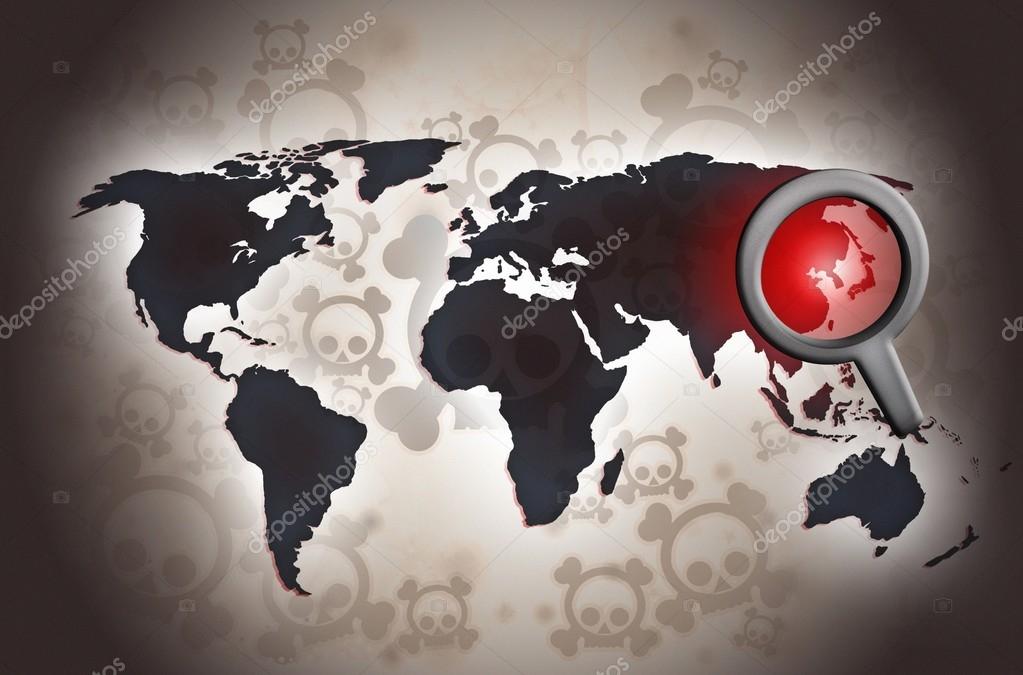
The Catholic Times Weekly in its National Reconciliation and Unification column, the secretary of the Bishops' National Reconciliation Committee gives the readers some thoughts on the peace we all desire.
The Cuban Missile Crisis is considered one of the most dangerous moments of the Cold War between the United States and the Soviet Union. In October 1962, if the crisis had escalated and nuclear war broke out, it was estimated that 100 million people each would have died in the United States and the Soviet Union, and millions in Europe. US Defense Secretary Robert S. McNamara testified to these figures before Congress in 1964, but did not include the consequences of nuclear war in Asia.
According to the United States Nuclear War Integration Plan (SIOP 62) issued in September 1961, in the event of a nuclear war with the Soviet Union, the United States would automatically attack China's nuclear weapons facilities, major military bases, and political strongholds. Therefore, if a nuclear war broke out during the Cuban Missile Crisis, it is possible to predict that the United States would have conducted a nuclear attack against communist countries in East Asia such as China and North Korea, and at least 100 million additional deaths would have occurred. Cuban Missile Crisis – The Most Dangerous Moment of the Cold War”)
As North Korea's denuclearization becomes difficult in reality, there are again voices calling for a "redeployment" of tactical nuclear weapons in South Korea. It is argued that the “balance of fear” can at least guarantee our safety. However, in fact, since January 1958, U.S. tactical nuclear weapons have been “deployed” on the Korean Peninsula. At one time, more than 900 tactical nuclear weapons were deployed in South Korea, and possessed and operated a significant number of tactical nuclear weapons until
September 27, 1991: President George Bush announces the unilateral withdrawal of all naval and land-based tactical nuclear weapons deployed in Korea.
At a time when military tensions between the US and the Soviet Union were at their peak, Pope St. John XXIII said, “We must understand the principle that peace is not achieved through a balance of weapons of war, but true peace is established through mutual trust.” It is not only possible, but in fact, it is the cry of right reason, which is highly desirable and will bring higher benefits to man.”
It should be remembered that there was a fear of nuclear war even when the United States and the Soviet Union each possessed tens of thousands of nuclear weapons, and the threat of war continued even when nearly 1,000 tactical nuclear weapons were deployed in South Korea. Let's pray together so that believers who believe in the peace of Christ can overcome the so called realism of 'peace' through weapons.